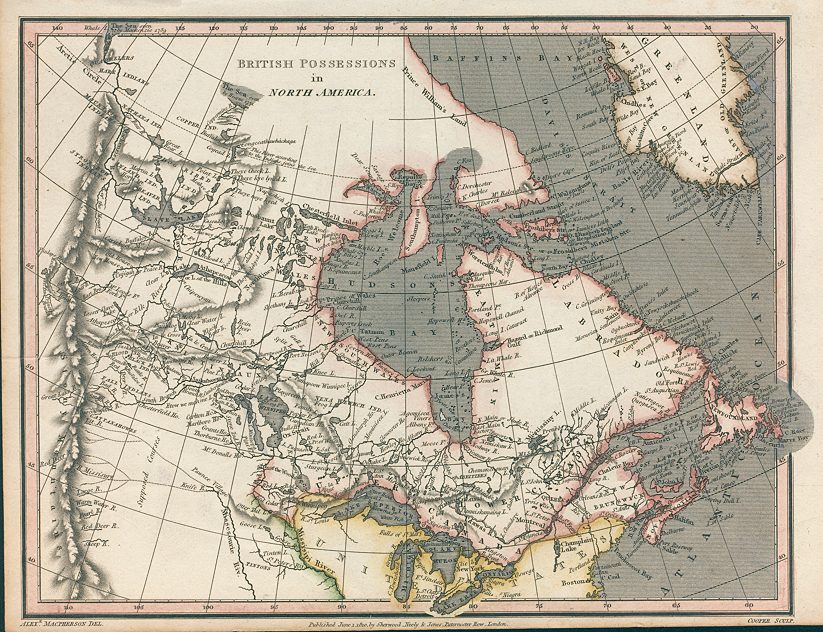DEMOCRACY IN the Scandinavian countries, Belgium, Holland and Switzerland followed the pattern of the three large democracies. Everywhere during this period there was a trend toward constitutional government, elected law-making bodies, cabinet ministers with responsibility to the people, liberty, personal rights and voting rights for all men in the lower classes. In Canada, the most difficult problem was nationalism. At the time of the Civil War in the United States, Canada consisted of a number of British provinces, most of which were independent of each other. The oldest of these was the province of Quebec in the Saint Lawrence valley. …
Read More »Tag Archives: liberty
Emperor of the French 1804 -1815
On December 2, 1804, in a ceremony of great pomp and splendour at the cathedral of Notre Dame in Paris, Napoleon Bonaparte was crowned Napoleon I, Emperor of the French. Pope Pius VII was there. He had come from Rome to offer his blessing and to place the crown on the head of the new emperor but Napoleon did not do what was expected of him. Instead of kneeling, he took the crown from the Pope’s hands and put it on himself. He also placed a crown on the head of his wife, Josephine. Only twelve years had passed since …
Read More »The Terror 1793 – 1795
The execution of the king stunned the rulers of Europe. They were stunned as well by the French military victories in Belgium and along the Rhine River. Furthermore, the French government was offering to come to the aid of any people willing to fight for their liberty. The revolution threatened to spill over into other countries, becoming a crusade of peoples against kings and nobility. If successful, it could destroy every kingdom in Europe. England and most of the European powers, therefore, joined together in 1793 to crash the revolution and to place another king on the throne of France. …
Read More »The Continental Congress 1774
When Samuel Adams, his cousin John Adams and the rest of the delegates from Massachusetts arrived in Philadelphia, they found themselves very unpopular. Cousin John complained that he was avoided as if he had some sort of contagious disease. The delegates from other colonies looked upon the men from Massachusetts as radicals and did not like their wild ideas about protecting American rights with force, if necessary. Patrick Henry of Virginia made a speech pointing out that it was no longer possible for any of the colonies to stand alone. They had to unite, to work together with other colonies …
Read More »American Revolution – Trouble in Boston 1770
EVEN AFTER IT HAPPENED, few people in colonial Boston knew the boy’s name. He was just a barber’s helper, but everyone heard about him on the night of the trouble. On that night he set off an angry mob by pointing his finger at a British guard and the violence that followed became a famous incident in American history. The date was March 5, 1770. Boston was then occupied by British troops. The troops had been brought in to keep order and to force the people to pay taxes they did not want to pay. The people of Boston hated …
Read More »



